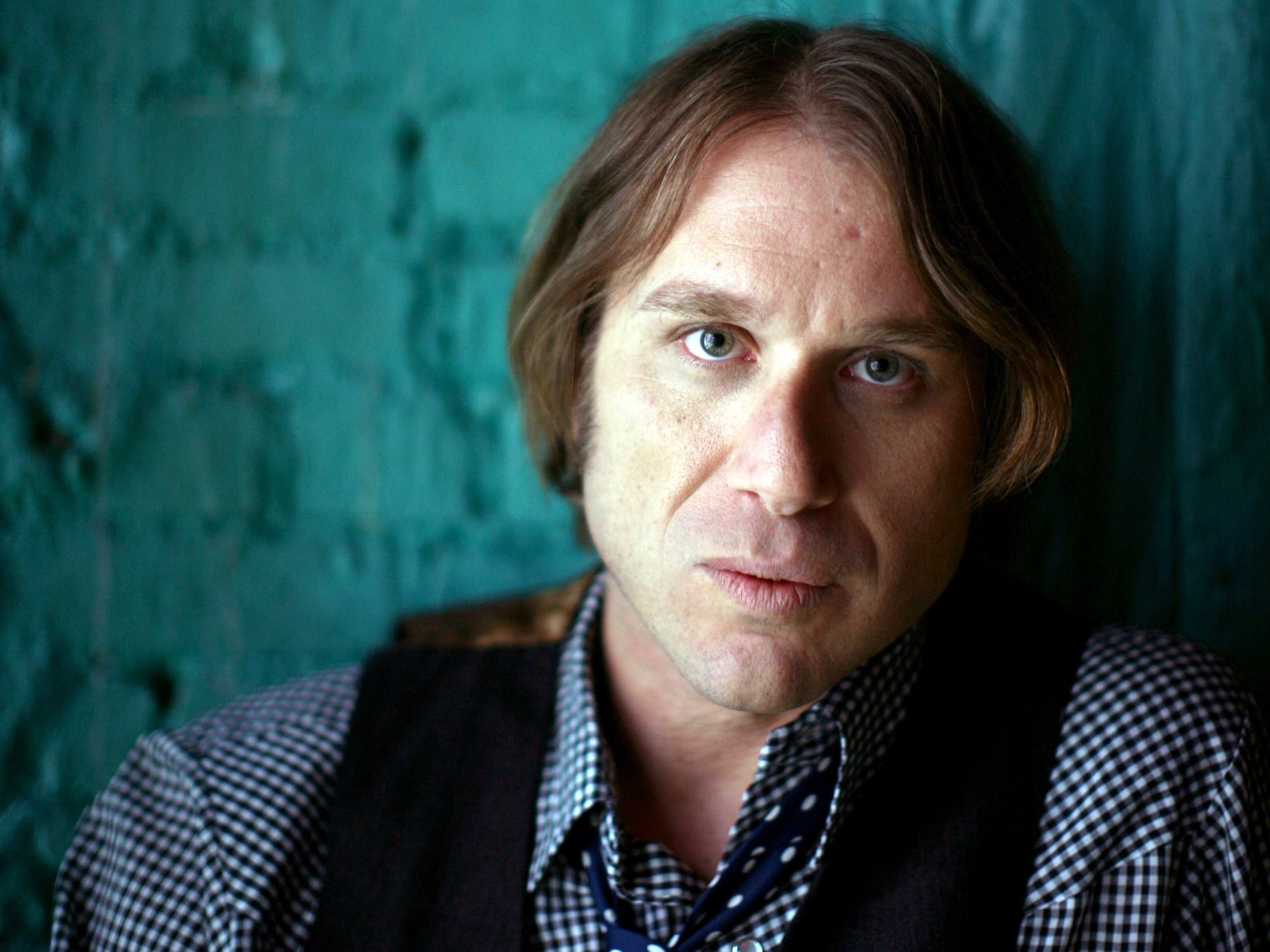Todd Snider, a folk singer and songwriter whose wry wit coursed through bighearted ballads rallying for the underdog, and whose charming onstage stories of mishap and skulduggery often lasted longer than the songs they introduced, died Friday in Nashville, Tennessee. He was 59. Snider’s publicist confirmed his death and said the cause was pneumonia.
This month, Snider canceled the remaining dates of a tour in support of his latest album, *High, Lonesome and Then Some*, after he was allegedly the victim of an assault outside his hotel in Salt Lake City, where he had been scheduled to perform. A statement posted to his social media account on November 3 said that the singer had sustained “severe injuries” and that he would be unable to perform for an “undetermined amount of time.” Additional details of the assault were unclear.
Snider never reached the level of recognition of John Prine, Jerry Jeff Walker, Kris Kristofferson, and Jimmy Buffett — all of whom either mentored or influenced him — but his brand of alt-rock Americana paired with raggedy, stoner-inflected storytelling that displayed an acerbic wit, an astute eye for detail, and virtuoso comedic timing endeared him to many fans.
He built his songs around plainspoken, easygoing lyrics that belied a more abrasive take on the world and its woes. They often told of down-on-one’s-luck escapades, scrappy tales of bar brawls, run-ins with the law, drug abuse, and, of course, grief. Snider, who called himself “a wandering minstrel,” liked to perform barefoot as he led his fans on twisting journeys through his hard-bitten views on life, love, and politics.
“He presents himself as a live-and-let-live fatalist who has seen too much of the world to pass judgment on anyone,” *The New York Times* wrote of Snider in 2010, adding that his songs “are deceptively casual and charming. The more you contemplate them, the sturdier and deeper they seem.” Almost paradoxically, an insistent optimism streaked through his lyrics.
In “Can’t Complain,” Snider bemoans the hurdles he has experienced even as he comes to accept, and almost respect, them:
> All I wanted was one chance
> To let freedom ring
> They said I had to get a permit
> Tags and everything
> I never made it through the red tape
> I got this paper hat
> I got a job workin’ weekdays
> You want fries with that?
The punch line arrives in the chorus:
“I got nothin’ to lose, nothin’ to gain / It’s like a one-way ticket to cruisin’ the passin’ lane / I can’t complain.”
And in “Alright Guy,” he acknowledges his wayward deeds in order to defend their prosaicness:
> I know I get wild, and I know I get drunk
> But it ain’t like I got a bunch of bodies in my trunk
> My old man used to call me a no-good punk
> And I still don’t know why
> I think I’m an alright guy
Perhaps more than anything, fans relished Snider’s wry, sharp-eyed sense of humor. Asked to compose a song for a friend’s wedding, he wrote “Just in Case,” which argues for the wisdom of a prenuptial agreement: “I can’t love you enough / But I also can’t afford to lose half of my stuff.”
Onstage, he often told fans of his years on what he called “the couch circuit,” sleeping wherever he could find a sofa and hoping to make it as a singer-songwriter. Walker, he said, “made me see that the difference between a free spirit and a freeloader is three chords on the guitar.”
“I’m certain I don’t have any answers, and I want the people who listen to my songs to know that,” Snider told the *Times* in 2009. “If someone learns something from me, that would be their fault.”
—
**Early Life and Career**
Todd Daniel Snider was born October 11, 1966, in Portland, Oregon, to Vera Michele (Bassett) Snider, a homemaker, and Daniel Paul Snider, a builder. He left home at 16 and crashed with friends around the country, bouncing from his hometown to Austin, Texas, and eventually to Memphis, Tennessee, where he was noticed by Jimmy Buffett, who signed him to his Margaritaville label. He later moved to John Prine’s label, Oh Boy Records.
The influence of country and folk giants including Prine — for whom he once opened — was evident from his debut album, *Songs for the Daily Planet*, released in 1994. He quickly established himself as what he called the “Nashville antihero.”
Kristofferson told the *Times* in 2009 that Snider was “as poetic a writer as anybody.” “It doesn’t seem crafted with him,” he said. “It just comes out naturally. The words move you emotionally in the direction he wants, but without you feeling conscious of it.”
—
**Discography and Musical Style**
Snider released at least 15 albums, including *Step Right Up* (1996), *Viva Satellite* (1998), *Happy to Be Here* (2000), and *East Nashville Skyline* (2004), widely regarded as a pillar of alt-country music. A swaying anthem on that album pits “conservative Christian, right-wing Republican / Straight, white, American males” against “tree huggin’, peace lovin’ / Pot smokin’, porn watchin’ / Lazy-ass hippies like me.”
In 2009, when he released *The Excitement Plan*, the *Times* described it as a “relatively calm patch in the singer’s volatile career,” saying it “should finally help secure his place alongside peers like Steve Earle as one of music’s great populist, if not popular, singer-songwriters.”
“A lot of this record is about how poor people sometimes cope with pain and hardship,” Snider told the *Times*. “A little drugs here, a little sex here, a little denial there.”
—
**Personal Struggles**
Snider’s songwriting didn’t flinch from examining his drug addiction over the years. He first entered rehab in 1997 after “taking morphine for, like, 60 days in a row,” he said. Six years later, after the death of a close friend, he became addicted to OxyContin, which led to a second stint in rehab.
His final album, *High, Lonesome and Then Some*, was released last month. According to an interview he gave to *Rolling Stone*, he poured a decade’s worth of pain and grief into the project.
“It’s all heartache,” Snider said. “I wouldn’t say I’m better, and I don’t think I’m going to get better, but the last decade was hard in my personal life.” He felt like the album’s title: “I sat out here by myself and had, like, a dark night of the soul.”
—
**Family and Legacy**
Snider married Melita Osheowitz in 1999. The couple divorced in 2014. He is survived by his mother, a sister Shannon, and a brother Mike.
In recent years, Snider had worried that debilitating back issues and other health problems would prevent him from touring. “I at least want to do it one more time,” he told *Rolling Stone* of his recent tour, adding, “I told my team that I want this tour to be the funnest one.”
Todd Snider leaves behind a legacy of heartfelt music infused with humor, resilience, and unflinching honesty — a voice for the underdog that will continue to resonate with fans and fellow musicians alike.
https://www.sltrib.com/news/2025/11/15/todd-snider-folk-singer-with-wry/


